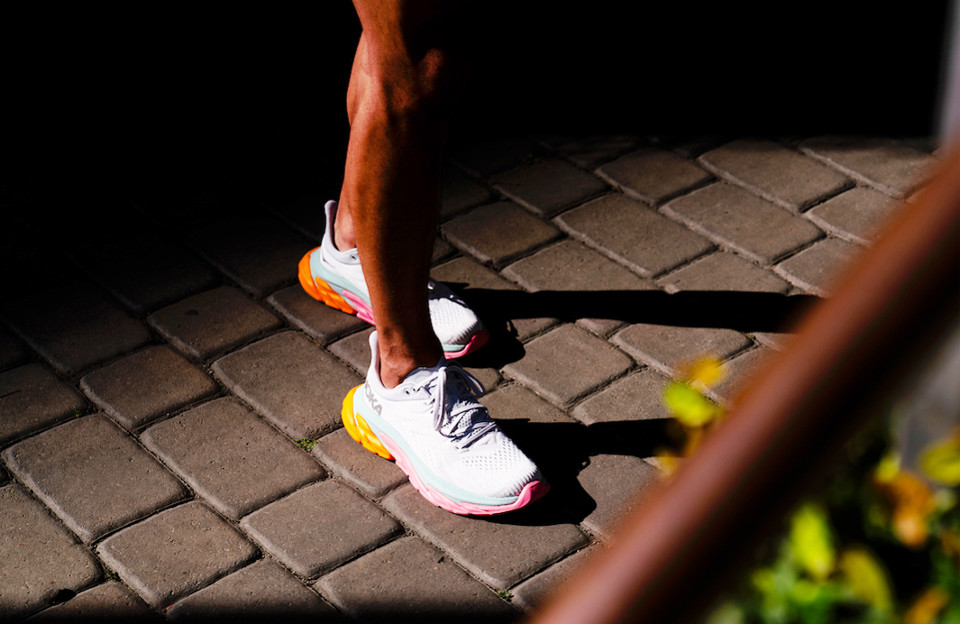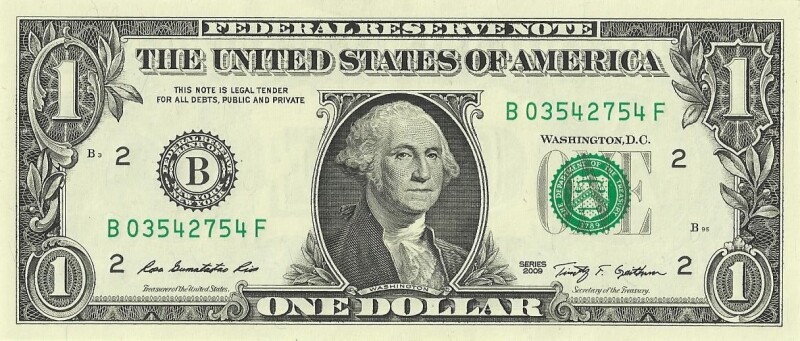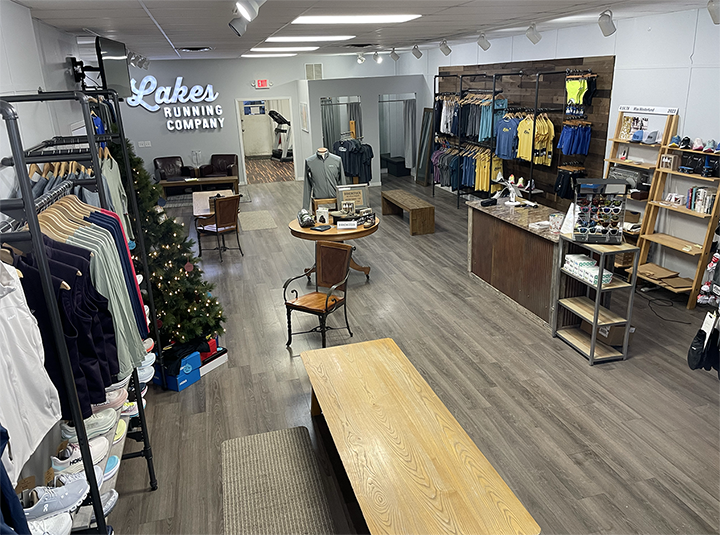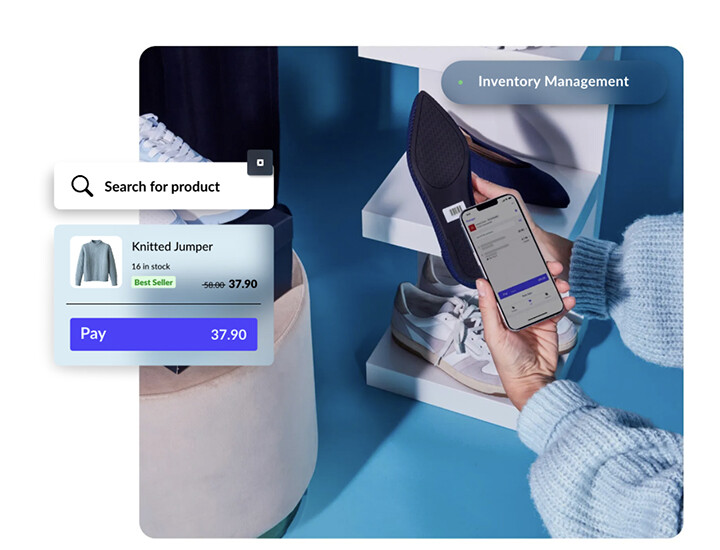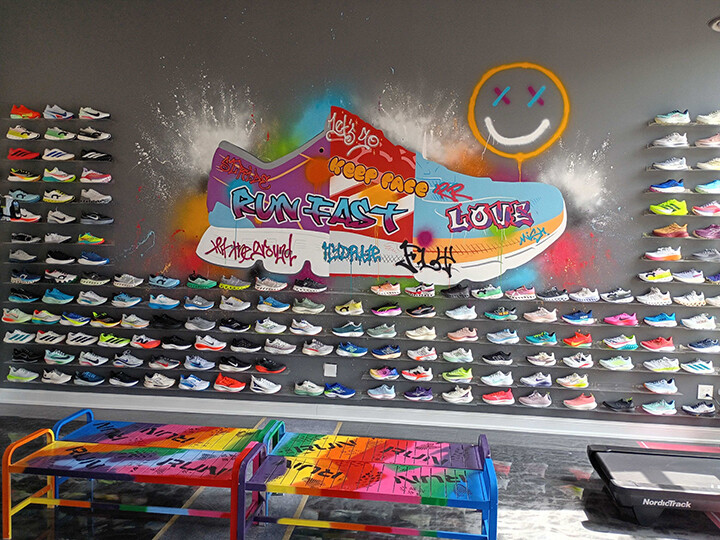Describing the brand as still “the minnow in the running pack,” none other than Forbes magazine recently lauded Hoka One One as “the fastest growing running brand in the world” poised to continue disrupting the post-pandemic run business.
Just over one decade old with annual revenues of $353 million, Forbes writer Katie Baron lauds the brand for defying a COVID-19-induced U.S. industry slump. Although athletic footwear sales saw a 65 percent drop, Hoka boasted fourth quarter growth of 52 percent and a 58 percent rise on its 2019 sales “Under the circumstances, billing itself as ‘the crisis-proof running brand’ seems a wholly acceptable brag,” Forbes wrote.
The “crisis-proof” tag has been earned by gathering “a hardcore fanbase of runners,” an emphasis on female runners spearheaded by president Wendy Yang, the first female president of a running brand, and “an ethos of inclusivity that includes marrying elite athleticism with back-of-the-pack effort and ultra-human narratives.”
And then there is what Forbes calls the “stellar timing in terms of tapping the fashion trend for ‘high integrity’ ugly sneakers.”
“We’re a 10-year-old brand that started from ground zero and has accelerated year on year in a seemingly irrepressible trajectory,” Yang says in the Forbes piece. “We’re so much smaller than our other competitors, but we’re growing so much quicker. If we can continue doing what we’re doing, we can get to half a billion dollars per year.”
At the core of the brand’s rise is that focus on female runners. A major advocate for female empowerment, Yang, who established the first Women’s Leadership Summit at Deckers in 2018, said that “we have very conscientiously focused on women over the last five years, in a sector that was predominantly very white and very male, shifting the fanbase from 60 percent male to 50 percent-plus female and into a far more racially diverse space.”
Then came COVID-19 and the opportunity it presented for a small brand to reinvent much of what it was already successfully doing in times of crisis. This month, Hoka is launching its virtual Ekiden relay challenge substituting a host of IRL events originally conceived to launch its Clifton Edge shoe. Entrants connect via the Strava fitness tracker app and “can run the relay as a team, with peers from all over the world, or as an individual.” At 5K each week across four weeks it is a symbol of Hoka’s mantra for accessible performance.
Yang refers to it as, “a Covid-19 specific pivot to digital” that will supersede a 2019 event that supported the launch of the Project Carbon X racing shoe
